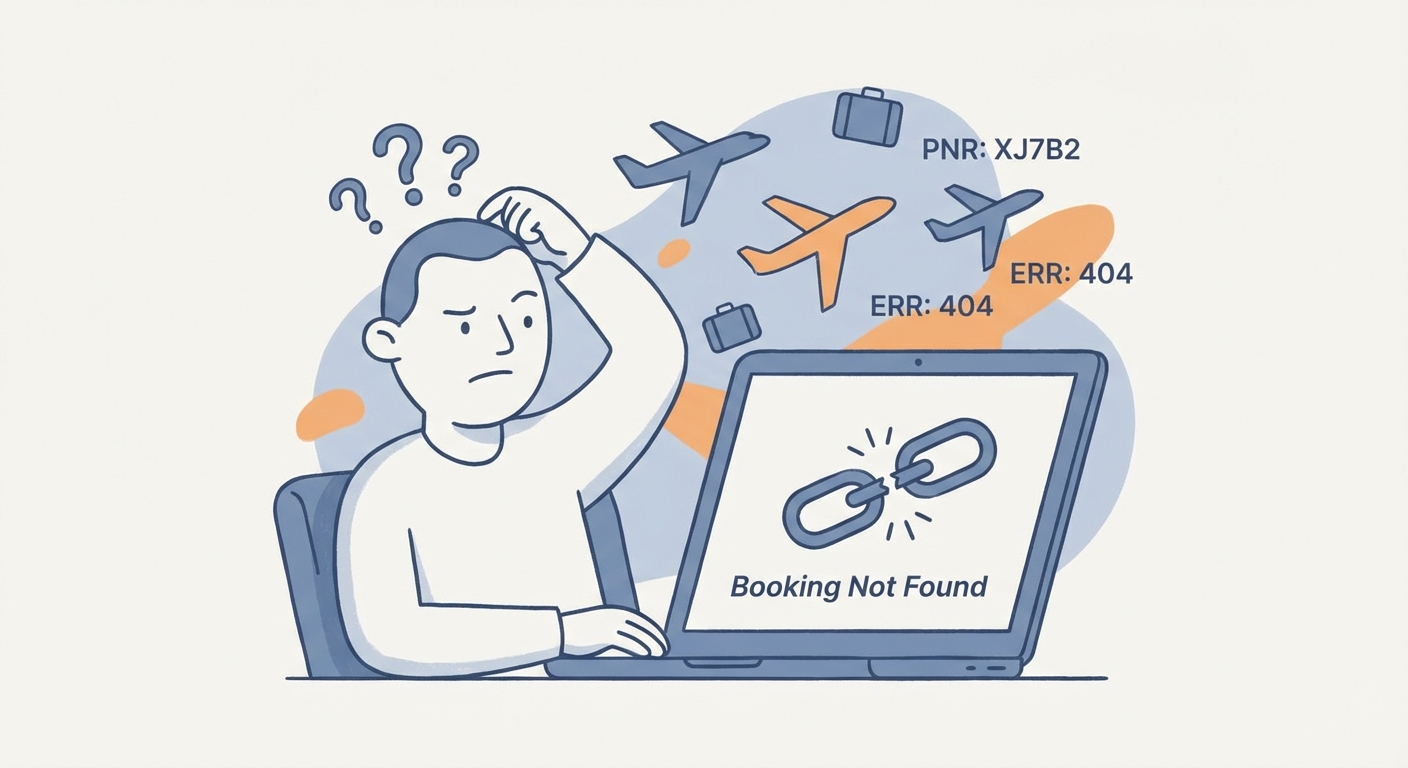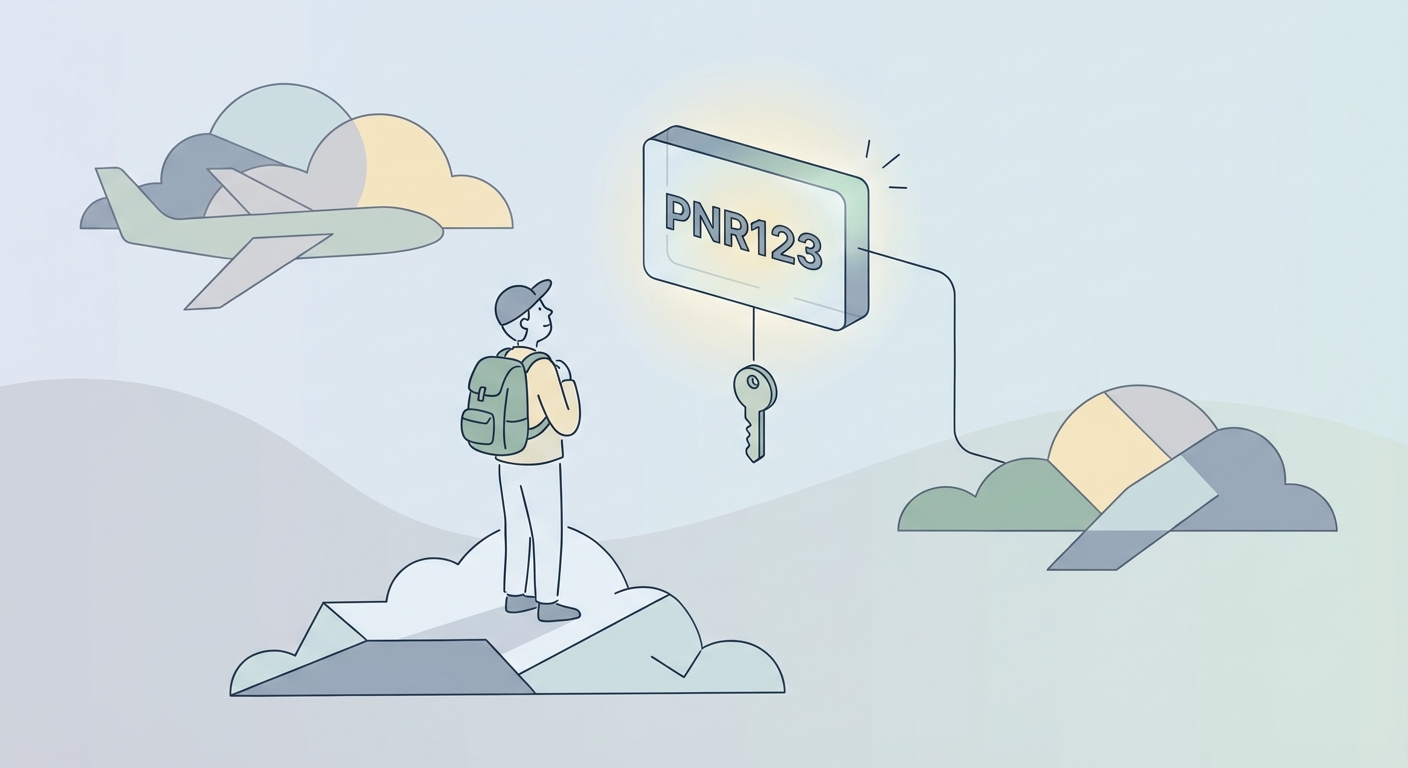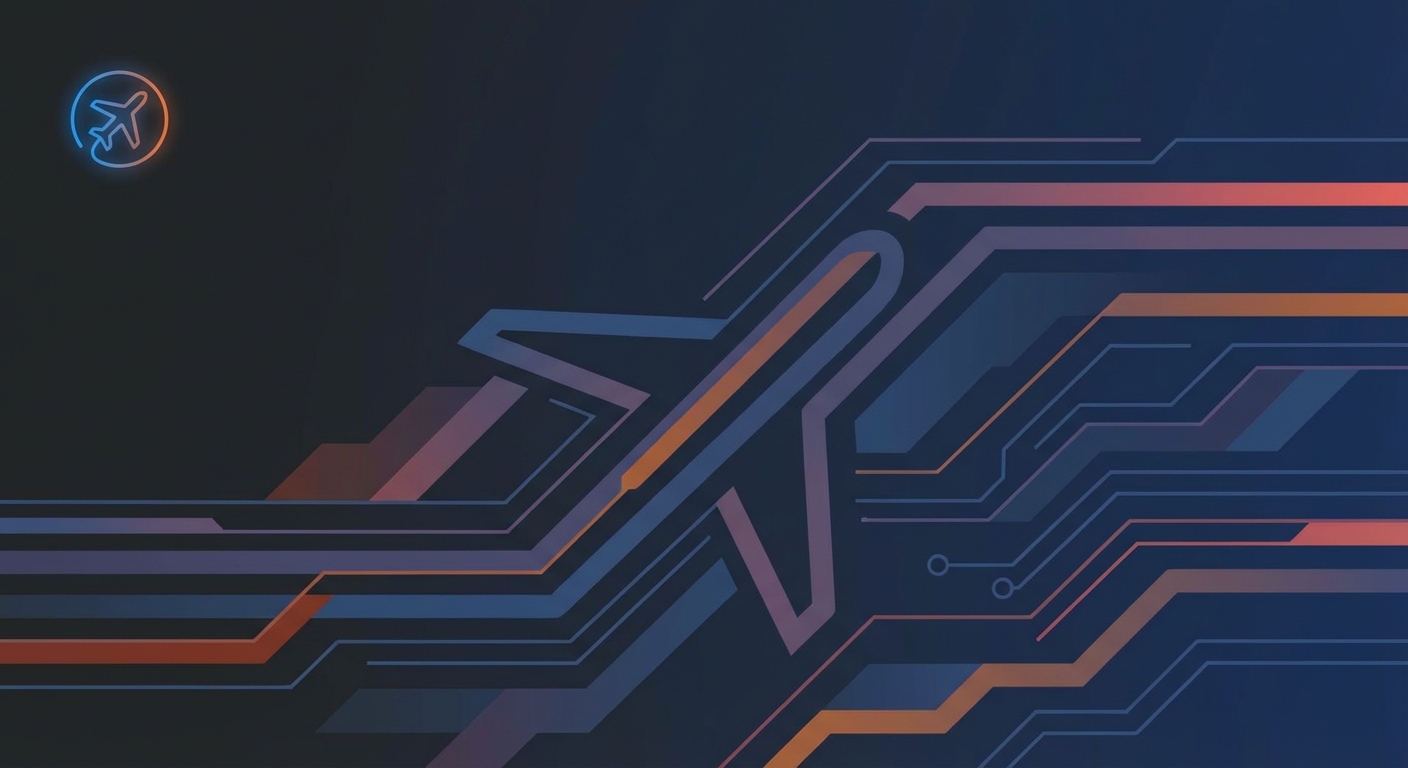Exploring Third-Party Booking Sites and Alternative Fares
TL;DR
- This article covers the ins and outs of using third-party booking sites for travel, weighing the pros and cons like cost savings versus potential customer service headaches. We'll explore how to sniff out legitimate deals, understand alternative fare options, and ultimately, make smarter choices to fuel your wanderlust without emptying your wallet, ensuring your booking experience is smooth and you snag the best possible deal.
Enhancing AI Security through Blockchain Innovations
The Growing Need for AI Security
Okay, let's dive into why ai security is, like, super important now. Seriously, it's not just a tech buzzword, but a real deal.
- ai is everywhere, right? From healthcare to retail, it's changing everything--but with that comes new, uh, security holes. Common vulnerabilities include:
- Data Poisoning: Attackers can subtly alter the training data of an ai model, leading it to make incorrect or malicious decisions.
- Model Inversion Attacks: Sensitive information from the training data can be extracted by querying the ai model.
- Adversarial Attacks: Small, imperceptible changes to input data can cause an ai model to misclassify it, leading to errors.
- Evasion Attacks: Attackers can craft inputs that are specifically designed to bypass an ai model's detection capabilities.
- Bad guys are catching on quick. They're starting to target ai, cause, well, that's where the data is.
- Old-school security? It just, doesn't cut it anymore against these new ai threats. Gotta level up, you know?
So, what kinda problems are we looking at? Next, we'll get into how blockchain can help.
Blockchain: A Foundation for Secure AI
Blockchain and ai? Sounds like something outta a sci-fi movie, right? But it's becoming the new dynamic duo in security, so lets get into it.
Okay, so blockchain is like a digital ledger that's, well, everywhere.
- It's immutable, meaning once something's written, it can't be changed; imagine a bank vault for your data. This immutability is crucial for ai training data, ensuring that the historical records used to train models are tamper-proof and reliable.
- It's decentralized, so there's no single point of failure; think of it as a network of guardians, not just one security guard. This distributed nature makes it harder for attackers to compromise the entire system, protecting the integrity of ai operations.
- Uses cryptography to keep everything safe, like using secret codes only you and the intended recipient knows. This ensures the confidentiality and authenticity of data exchanged within ai systems.
It's like, imagine trying to hack a system where every change needs approval from, like, a million different people. Good luck!
So, how does this helps ai?
- It creates a secure record of ai training data, so you know it hasn't been tampered with.
- It makes data sharing safer, especially in fields like healthcare, where patient data is super sensitive.
- It helps control who gets access to ai resources; think granular access, not just an on/off switch.
Blockchain tech is useful for securing data integrity, according to Blockchain and AI: Merging Technologies for the Future of Digital Finance. This article explains how blockchain's tamper-proof ledger capabilities and ai's data processing power can revolutionize digital finance.
Next up, we'll look at some real-world examples.
Integrating Blockchain and AI: Practical Applications and Use Cases
Integrating blockchain and ai? It's not just theory anymore; folks are actually using it! Let's peek into some real-world applications and how they shake out.
- Healthcare: Imagine patient records secured on a blockchain. Only authorized personnel gets access, and every access is tracked. It's like a super-secure digital vault for sensitive data. This helps prevent unauthorized access and ensures compliance with privacy regulations.
- Finance: Attacks trying to bypass ai-powered fraud detection can be thwarted by injecting false data during training. Blockchain can help prevent this, by creating tamper-proof records, to maintain the integrity of the data used in ai models. For instance, financial services can use ai to analyze transactions recorded on the blockchain, spotting fraud like a hawk. It's like having a super-smart, un-hackable accountant.
- Supply Chain: Track goods from origin to consumer with blockchain. This ensures transparency and reduces fraud, which is vital for things like pharmaceuticals or high-value electronics. ai can then analyze that data to spot fake goods, too.
ai is only as good as the data it learns from. Blockchain ensures that the data hasn't been tampered with. Think of it as a giant, unhackable audit trail.
So, what's next? We'll be diving into how this all helps with data privacy.
Challenges and Future Directions
Okay, so, wrapping things up – can blockchain really secure ai? Well, it's not a magic bullet, but it's got potential...
- Scalability's a biggie: Blockchains can be slow, which is a problem for ai that needs speed. ai models, especially deep learning ones, often require processing vast amounts of data in real-time or near real-time for tasks like autonomous driving or high-frequency trading. Traditional blockchains, with their consensus mechanisms, can struggle to achieve the transaction throughput and low latency needed for these applications. Folks are working on layer-2 solutions and other tricks to fix this. Layer-2 solutions are protocols built on top of existing blockchains to improve their scalability by handling transactions off-chain before settling them on the main chain.
- Regulations are, uh, complicated: Figuring out who's in charge and what's allowed is a mess right now.
- Quantum computers are scary: They could break blockchain's encryption, so we need quantum-resistant stuff, pronto. Quantum computers, with their immense processing power, could theoretically break the public-key cryptography that underpins current blockchain security, rendering transactions and ledgers vulnerable. Developing quantum-resistant cryptographic algorithms is a critical area of research.
It's a work in progress, but hey, what isn't, right?






